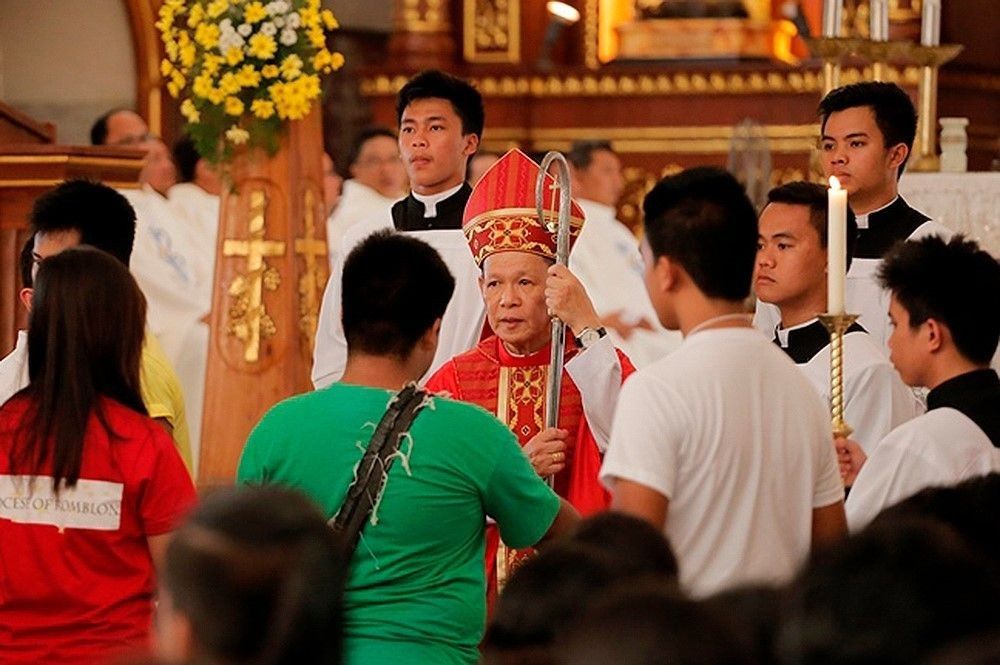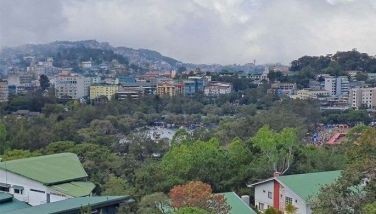Pope names Advincula, cardinal from 'peripheries,' as new Manila archbishop

MANILA, Philippines — Pope Francis has named Jose Cardinal Advincula of Capiz as the 33rd archbishop of Manila, the Vatican announced on Thursday.
The appointment was made in Rome at 12 p.m. or 7 p.m. here in the Philippines, with the Manila Cathedral welcoming the news by tolling its bells after more than a year without an archbishop.
Advincula, 68, succeeds Luis Antonio Cardinal Tagle, who was called to Rome as prefect of the powerful Congregation for the Evangelization of Peoples.
His new role all the more speaks of Francis' inclination to name people from the "peripheries," or from areas far from Manila and Cebu, long considered as prominent centers of Catholicism in the country.
The prelate was made a cardinal in November 2020 after years as archbishop of the said province. He will be put to task to lead the archdiocese's over three million Catholics, which also covers the cities of Makati, Mandaluyong, Pasay and San Juan.
His arrival comes at a time when the Manila archdiocese in particular is fighting to reopen churches — albeit at a minimum capacity — during the Holy Week, after government entirely banned religious gatherings due to the surge in COVID-19 cases.
Advincula told Vatican News last year when we has made a cardinal that the Pope "really wanted to communicate to the people in the peripheries, that they too are being attended to by the Church."
"I always thought that the Church has to be closer to the people," he said. In it, Advincula also spoke of the situation in the Philippines, the Church should help in making sure that human dignity and rights are respected.
In December 2020, he was one of the Catholic bishops in Western Visayas who spoke out against the red-tagging and killing of nine members of the Indigenous group Tumandok in Panay. Advincula, in particular, was a member of the Commission for Indigenous Peoples within the Philippine bishops' conference or the CBCP.
The announcement of a new Manila archbishop coincides with the Catholic Church in the country marking the 500th year since Christianity arrived in 1521.
- Latest
- Trending

































